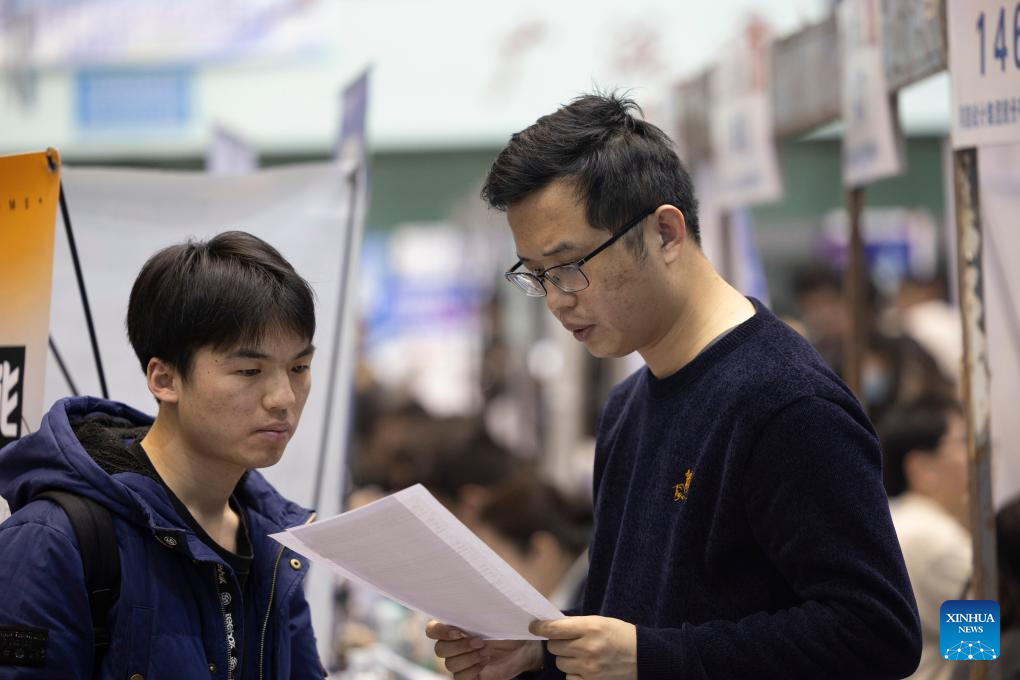Guideline calls for high-quality talent cultivation aligning with labor market


China will prioritize optimizing its talent cultivation and supply system to support the high-quality employment of college graduates, according to a new guideline issued on Tuesday by the general offices of the Communist Party of China Central Committee and the State Council, China's Cabinet.
The guideline aims to accelerate the development of an employment service system for college graduates, with a focus on aligning education with labor market needs and promoting full employment.
It sets a goal of establishing a nationwide employment services network that is inclusive, well-functioning and reliable within three to five years, laying a solid foundation for graduates to find jobs.
Since 2022, the number of college graduates in China has exceeded 10 million annually, making them the largest contributors to new urban employment, a spokesperson for the Ministry of Education's Department of College Students Affairs said in an official statement on Tuesday.
Official data shows the number of college graduates in China is expected to reach 12.22 million this year, an increase of 430,000 from last year.
A problem-oriented approach is urgently needed to address key challenges such as mismatches between supply and demand and to upgrade employment services, the spokesperson said, adding that the measures will help tackle structural challenges in graduate employment.
The guideline proposes a systematic overhaul of graduate employment support, focusing on optimizing the talent supply system, upgrading traditional employment services and reinforcing institutional support.
Optimizing the talent cultivation and supply system has been positioned as the foundation of graduate employment reform. It calls for education that better aligns with evolving labor market needs.
Measures include establishing a national talent demand database, conducting regular workforce trend analyses and dynamically adjusting university programs and resources accordingly. The guideline also emphasizes reforming enrollment plans and talent training models based on employment outcomes and industry feedback.
Meanwhile, the guideline aims to expand employment services for graduates, highlighting the role of campus recruitment in connecting students with job vacancies.
Universities are urged to strengthen career guidance and life planning support, while regional and sector-based employment markets will be developed to enhance job opportunities.
The guideline also supports entrepreneurship and encourages diverse career paths, including opportunities in new industries, small and medium-sized enterprises, and national strategic sectors.
To ensure effective implementation, the guideline calls for professional employment service institutions within universities and the adoption of digital tools to improve service efficiency. It also promotes better coordination of recruitment timelines across public-sector employers and emphasizes the importance of preserving time in academic schedules for job-seeking activities.
- The ideal retirement: getting paid to fish
- Guideline calls for high-quality talent cultivation aligning with labor market
- MPay can be used in Guangzhou public transport
- Stall owner gets Jiangsu's first credit repair certificate
- Splitting water with sunlight produces hydrogen
- Inland factory dives into seafood market




































